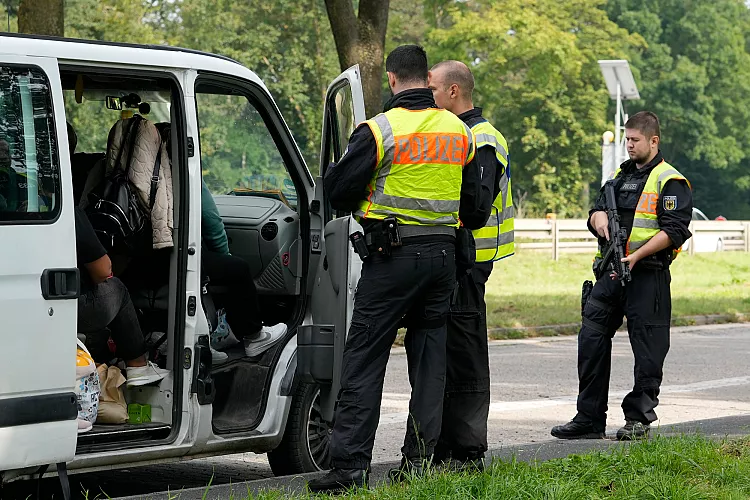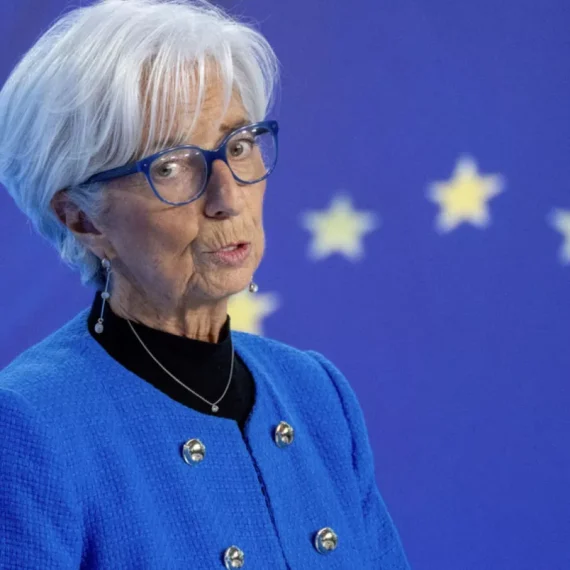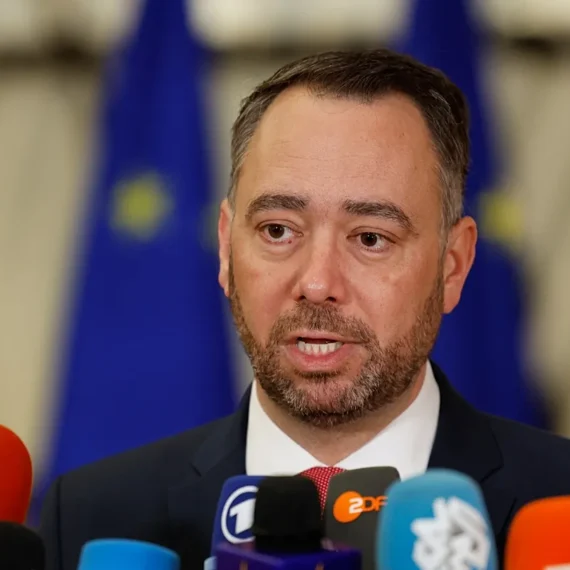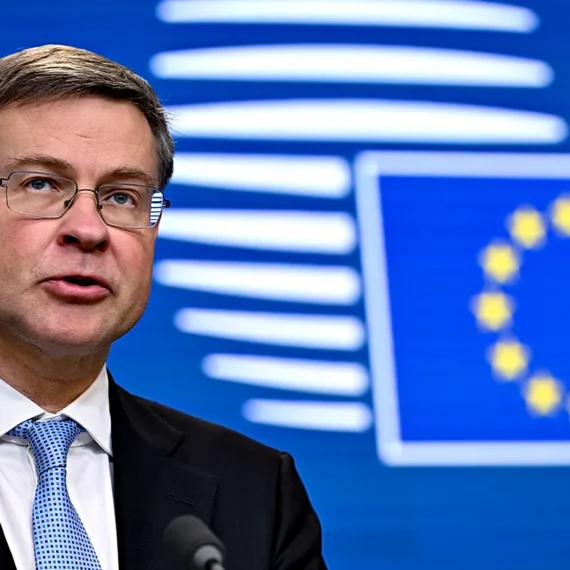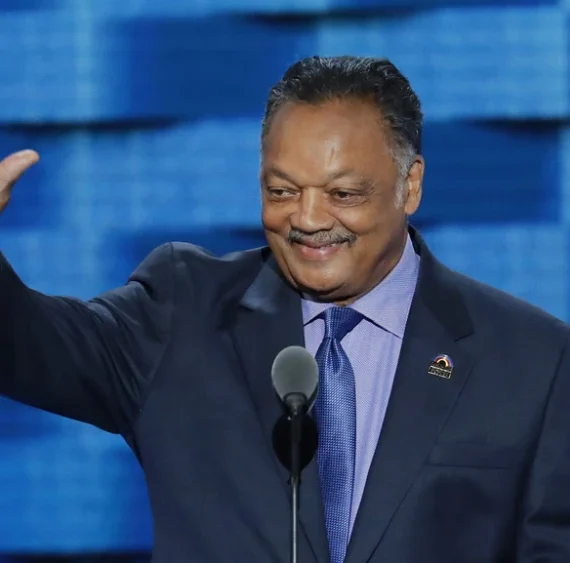The administration has refuted a media story that claimed Friedrich Merz, the recently elected Chancellor of Germany, had imposed a state of national emergency to tighten border restrictions.
The public was reassured by a government spokeswoman on Thursday that the unique Brussels clause, included in Article 72 of the Treaty on the Functioning of the European Union, had not been activated. The chancellor is not declaring a national emergency,” Stefan Kornelius told local media.
As a result, border restrictions would be significantly tightened, and asylum claims would be denied. Additionally, Germany, a founding member of the EU, would be the first to try to suspend the bloc’s legislation. Brussels would first need to choose whether to grant the request, though.
In 2023, Italy used the same provision to address what the government described as a serious immigration situation. The article also stated that the Interior Ministry briefed ambassadors of Germany’s neighbours on the situation, although it was unclear when the national emergency would start.
Alexander Dobrindt, the interior minister, said on Wednesday that he had given federal police orders to increase border controls in an effort to detain more undocumented migrants, including those who planned to apply for asylum.
Also Read:
In Texas, a Deadly Measles Outbreak Does little to Dispel Vaccine Skepticism

